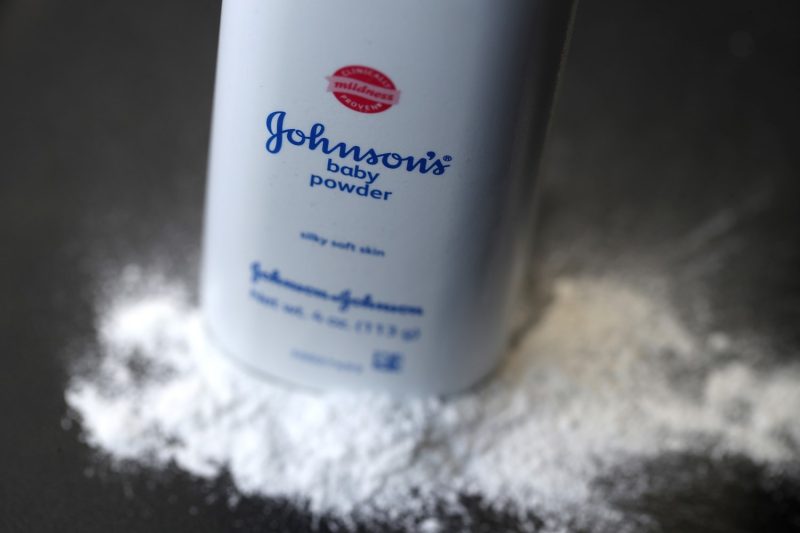Johnson & Johnson to Pay $6.5 Billion to Resolve Nearly All Talc Ovarian Cancer Lawsuits in U.S.
Johnson & Johnson, a renowned multinational corporation, has recently made headlines by agreeing to pay $6.5 billion in order to resolve the majority of talc ovarian cancer lawsuits in the United States. This massive settlement marks a significant turning point in the ongoing legal battles surrounding the alleged links between Johnson & Johnson’s talcum powder products and ovarian cancer.
The decision to settle comes after years of litigation and controversy surrounding allegations that the company’s talc-based products, such as Johnson’s Baby Powder, may have contributed to the development of ovarian cancer in some women. While Johnson & Johnson has consistently denied these claims and maintained the safety of its products, the mounting legal challenges and public scrutiny have prompted the company to take this decisive action.
This settlement not only represents a substantial financial commitment on the part of Johnson & Johnson but also underscores the complexities and challenges that corporations face when dealing with product liability lawsuits. With thousands of lawsuits brought against the company by individuals who claimed that the regular use of talcum powder led to their ovarian cancer diagnosis, the legal battle has been protracted and costly for Johnson & Johnson.
In addition to the financial implications of this settlement, the agreement also includes provisions for the company to implement new labeling and testing protocols for its talc-based products. These changes aim to provide consumers with greater transparency and safety assurances regarding the use of these products. Furthermore, Johnson & Johnson has pledged to continue defending the safety of its talcum powder products and will maintain the marketing of its products for those who choose to use them.
While this settlement may bring a sense of closure to many of the women and families affected by ovarian cancer linked to talc products, it also serves as a stark reminder of the potential risks associated with certain consumer goods. As consumers become increasingly vigilant about the products they use and the companies they support, corporations must prioritize product safety and transparency to maintain trust and credibility in the marketplace.
Moving forward, the resolution of these lawsuits is likely to have far-reaching implications for Johnson & Johnson and the broader consumer goods industry. As companies navigate the complex landscape of product liability and consumer safety, the need for rigorous testing, clear labeling, and open communication with consumers remains paramount to ensure the well-being of individuals and uphold corporate responsibility in today’s competitive marketplace.




























